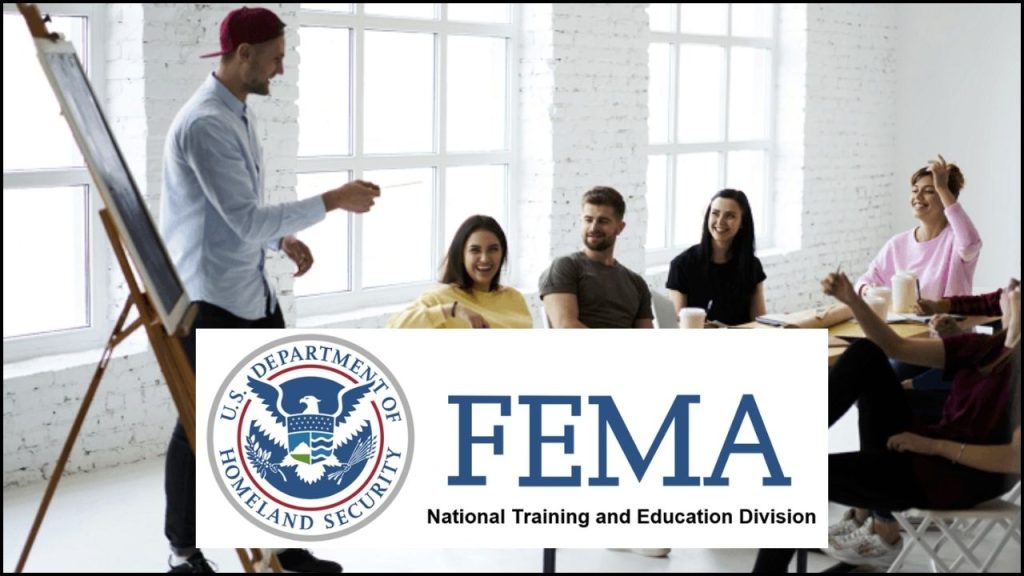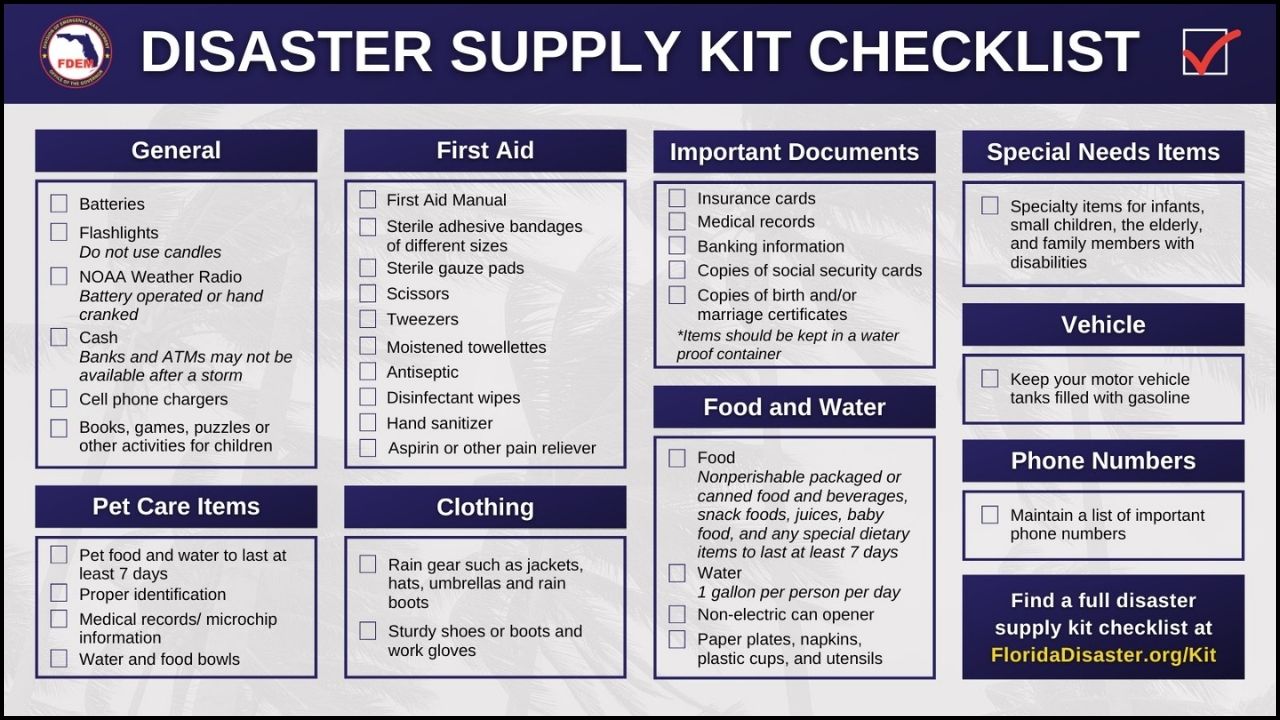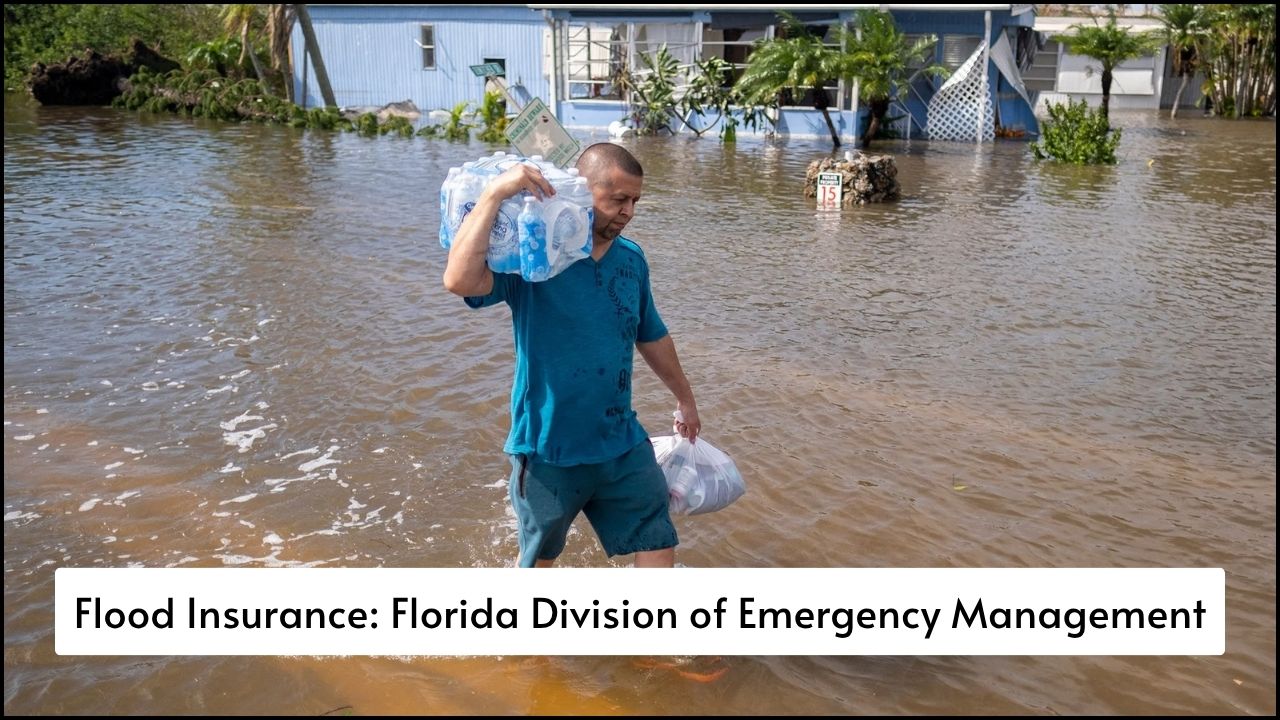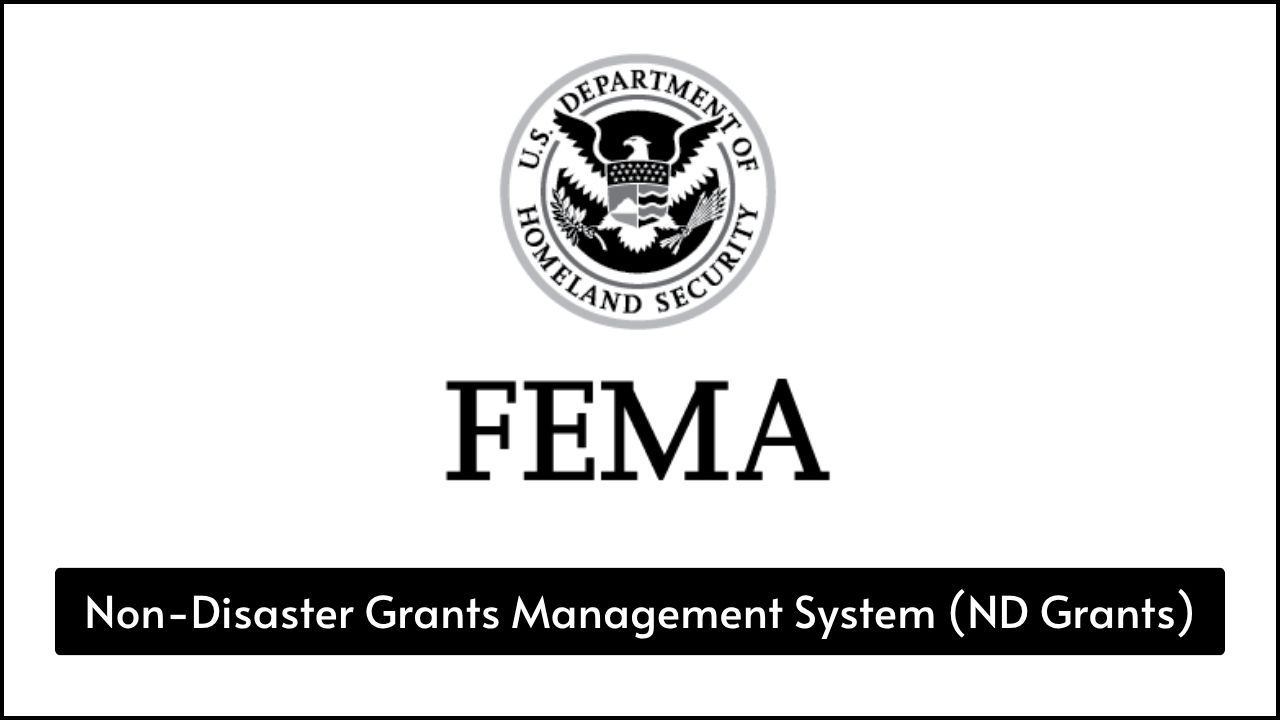
Training and education play an essential role in preparing individuals, organizations, and communities to handle disasters. Preparedness begins with learning. Having the right skills and knowledge can reduce the damage caused by emergencies and speed up recovery. Training programs provided by FEMA and its partners equip first responders, emergency managers, volunteers, and even regular citizens with tools to stay safe and act effectively during crises.
Table of Contents
First Responders and Emergency Managers
FEMA supports a wide training network for emergency professionals across the country. These programs are managed by the National Preparedness Directorate’s National Training and Education Division (NTED) and the U.S. Fire Administration (USFA).
- Courses offered in-person, online, and blended
- Accessible to fire departments, emergency teams, police, and other public safety staff
- Delivered through federal institutions and local training partners
National Preparedness Course Catalog
The National Preparedness Course Catalog helps people find training courses offered by:
- Center for Domestic Preparedness (CDP)
- Emergency Management Institute (now NDEMU)
- National Training and Education Division (NTED)
This catalog serves as a one-stop platform for exploring all available FEMA trainings.
National Fire Academy (NFA)
The National Fire Academy provides high-quality education for fire and emergency service professionals.
- Offers leadership and technical training
- Uses classroom, distance, and off-campus learning
- Works with state fire academies and universities
- Grants college credit and continuing education units (CEUs)
| Program | Details |
|---|---|
| Training Modes | On-campus, online, and hybrid |
| Partners | Accredited state & local fire training systems |
| Accreditation | American Council on Education, International CEU Association |
Center for Domestic Preparedness (CDP)
The CDP, located in Alabama, focuses on training for emergency response to disasters and terrorism.
- More than 50 courses available
- Covers mass casualty response, incident management, and chemical emergencies
- Mobile and virtual delivery options offered
- No cost for state, local, tribal, and territorial responders
| Focus Areas | Highlights |
|---|---|
| Incident Management | Training for managing multi-agency responses |
| Healthcare Response | Courses accredited by healthcare and law enforcement bodies |
| Mass Casualty Preparation | Practical simulations and scenario-based instruction |
National Disaster and Emergency Management University (NDEMU)
NDEMU, formerly EMI, is FEMA’s top emergency management training institute.
- Trains government officials, volunteers, and private sector representatives
- Covers federal, state, tribal, and local levels
- Courses designed for disaster risk reduction and preparedness
National Domestic Preparedness Consortium (NDPC)
NDPC is a group of specialized institutions focused on improving national readiness.
- Trains responders to manage weapons of mass destruction, terrorism, and extreme weather
- Provides technical help and exercises
- Supports training for emergency responders at all government levels
| NDPC Contributions | Impact |
|---|---|
| Training Programs | Reduce vulnerability to high-risk incidents |
| Practical Exercises | Help agencies apply training in real-life scenarios |
| Technical Support | Assists in improving local preparedness plans |
Rural Domestic Preparedness Consortium (RDPC)
RDPC helps emergency responders in rural areas by offering specialized training.
- Delivered by academic institutions with rural expertise
- Focuses on the homeland security needs of rural communities
- Courses include law enforcement, agriculture security, and school safety
Center for Homeland Defense and Security (CHDS)
CHDS supports current and future leaders in homeland defense with education and policy training.
- Offers master’s programs, executive education, and self-study courses
- Focuses on terrorism, disaster response, and public safety
- Assists in building emergency strategies and plans
FEMA Higher Education Program
This program builds a learning network among emergency management professionals and educators.
- Encourages innovation through research and collaboration
- Connects colleges and universities with emergency management practices
- Promotes continuous learning to face emerging challenges
Continuing Training Grants (CTG)
CTG grants help organizations create and deliver specialized training.
- Supports a whole-community approach
- Addresses gaps in national preparedness
- Open to eligible institutions and non-profits
Individuals and Communities
Prepared citizens strengthen community resilience. FEMA helps individuals learn life-saving skills and encourages local involvement.
Organizations Preparing for Emergency Needs (OPEN)
OPEN training helps community-based organizations prepare for emergencies.
- Guides nonprofits, daycares, and local centers
- Offers 10 key actions to improve readiness
- Helps in making disaster response plans
You Are the Help Until Help Arrives
This course teaches life-saving actions to take during emergencies before help arrives.
- Focuses on bleeding control, CPR, and basic response
- Empowers regular citizens to act quickly
- Increases survival chances in life-threatening situations
Community Emergency Response Team (CERT) Basic Training
CERT training builds skills for community volunteers.
- Covers fire safety, medical operations, and disaster search and rescue
- Teaches what to do before, during, and after a disaster
- Encourages local teamwork and planning
| Program Name | Target Audience | Main Focus |
|---|---|---|
| OPEN | Community-Based Organizations | Preparedness actions and planning |
| You Are the Help Until Help Arrives | General Public | Life-saving emergency actions |
| CERT Basic Training | Community Volunteers | Emergency preparedness skills |
Parting Insights
Emergency readiness depends on knowledge, planning, and practical training. FEMA and its partners make high-quality education available to both professionals and the public. Each course, whether for a firefighter or a concerned citizen, helps create a stronger, safer community. Training builds confidence, coordination, and the ability to face disasters with preparedness instead of fear.





